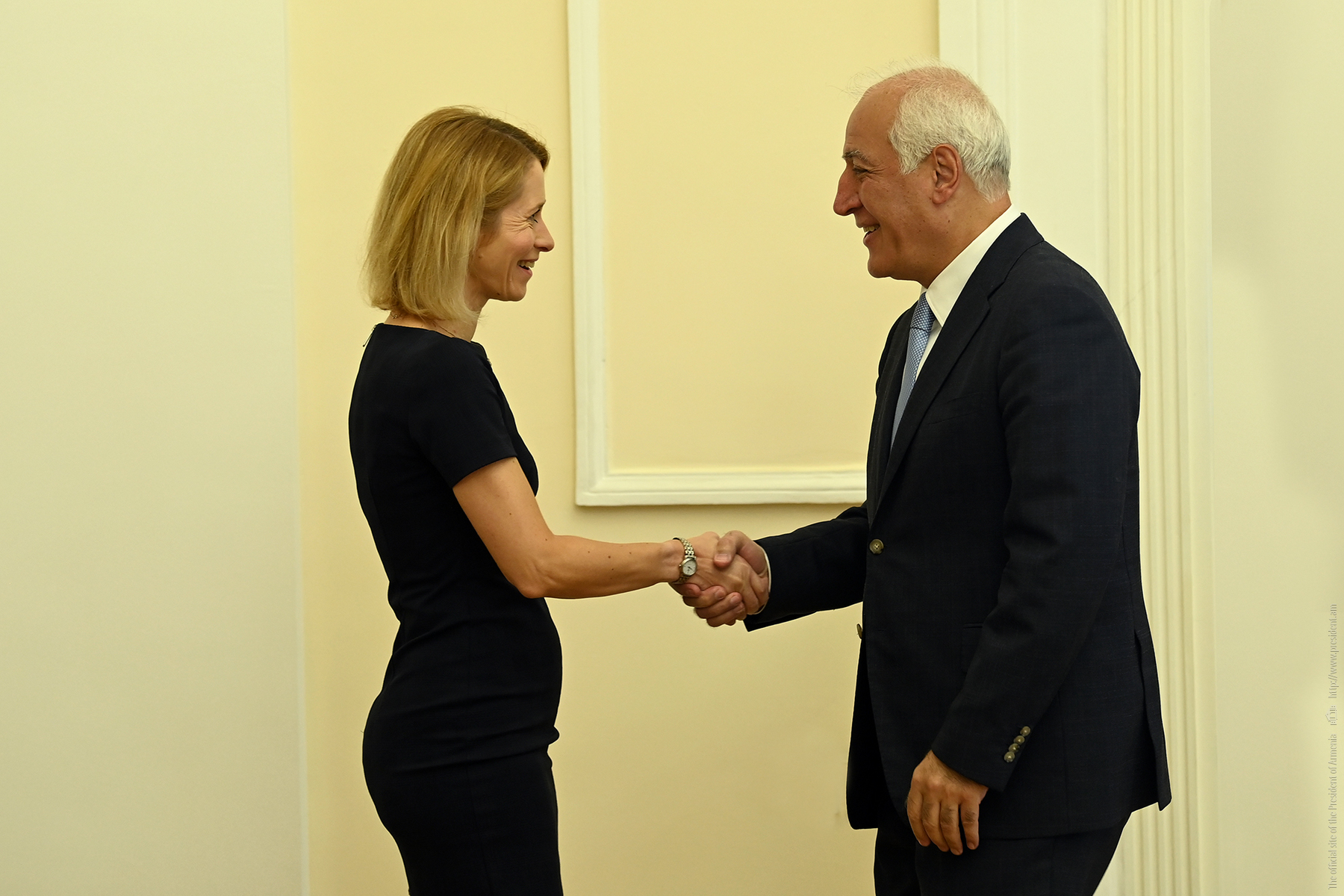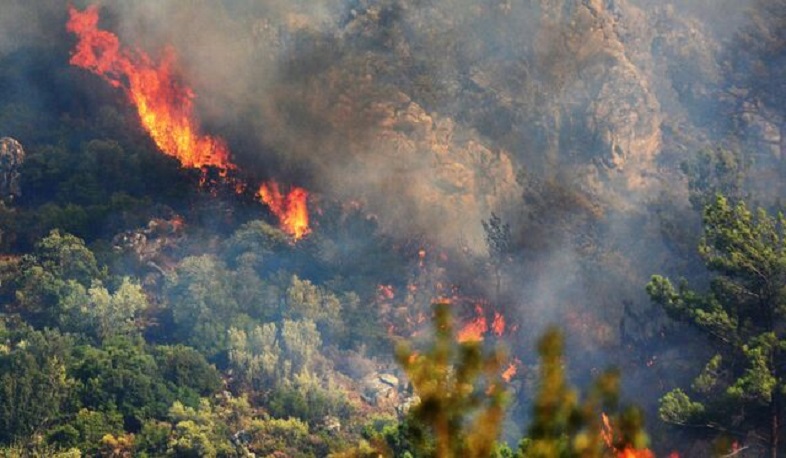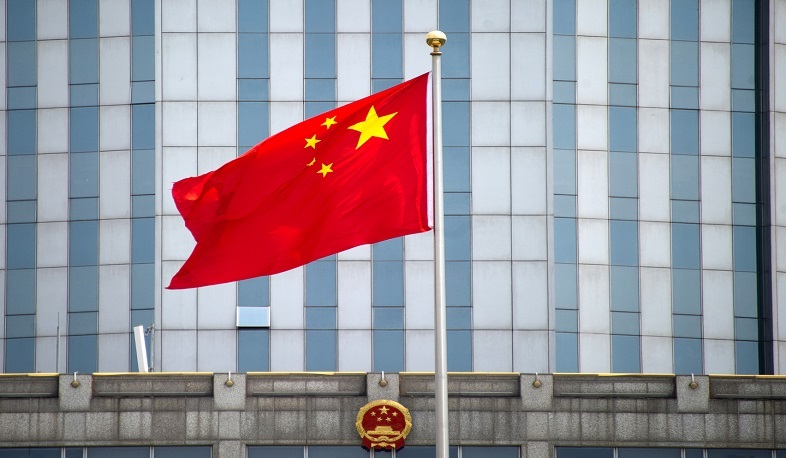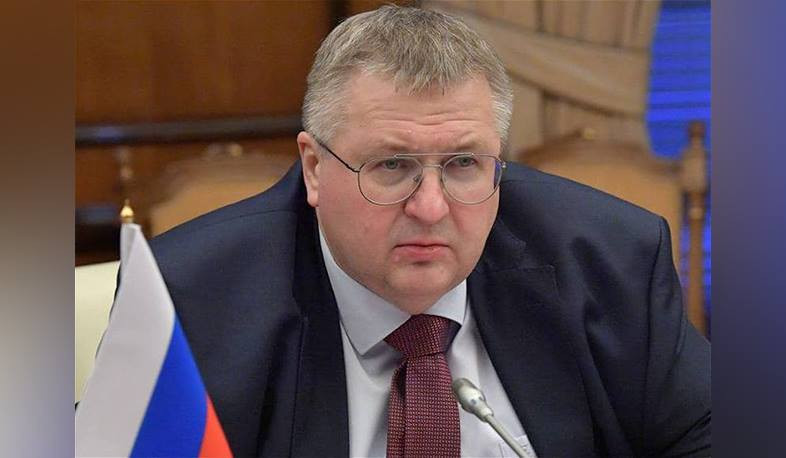The reelection of President Ilham Aliyev, who silences all dissent, is assured without much suspense on 7 February 2024. Reporters Without Borders (RSF) condemns the wave of arrests of journalists that started on 20 November and calls on the Organisation for Security and Cooperation in Europe (OSCE), which is observing the election, to roundly condemn this frontal assault on the media.
The eight journalists placed in pre-trial detention include five who work for Abzas Media, an investigative news site that often covers corruption within Azerbaijan’s elites. This offensive against media personnel comes in the wake of a military operation that resulted in Azerbaijan gaining control of Nagorno-Karabakh, RSF said in a statement.
“This snap presidential election was supposed to mark the start of a ‘new era’ after the military victory in Nagorno-Karabakh but it has exposed tension within the Aliyev dynasty. Concerned about the loss of the war’s mobilising power, President Aliyev is trying to muzzle the few independent media still operating in Azerbaijan, whose reporting is liable to question his legitimacy. We urge OSCE member states to resist the Azerbaijani government’s economic pressure and manipulations, and to strongly condemn its attempts to eradicate access to trustworthy journalism”, Jeanne Cavelier, Head of RSF’s Eastern Europe and Central Asia desk said in a statement.
Voicing a range of concerns including “the high level of harassment targeting journalists,” the Parliamentary Assembly of the Council of Europe (PACE) passed a resolution on 24 January suspending the Azerbaijani delegation’s activities for one year. A proposed new resolution reminds Member States that they have “a positive obligation to establish a sound legal framework for journalists and other media actors to work safely.” The Azerbaijani delegation responding by accusing the Assembly of “Azerbaijanophobia” and Islamophobia, RSF reminds.
All of the detained journalists are facing the possibility of up to eight years in prison on charges of “foreign currency smuggling,” which in their case means they are accused of receiving subsidies from foreign organisations. Funding by international donors has been banned since 2014 although it is impossible for independent media to prosper as the government controls advertising. Pro-government media meanwhile receive cash rewards and official subsidies.
So, as RSF mentions, that their investigative reporting could continue in the event of their arrest, the staff of Abzas Media had passed all their latest research and information to the Forbidden Stories journalists’ network, which published it at the end of January.







